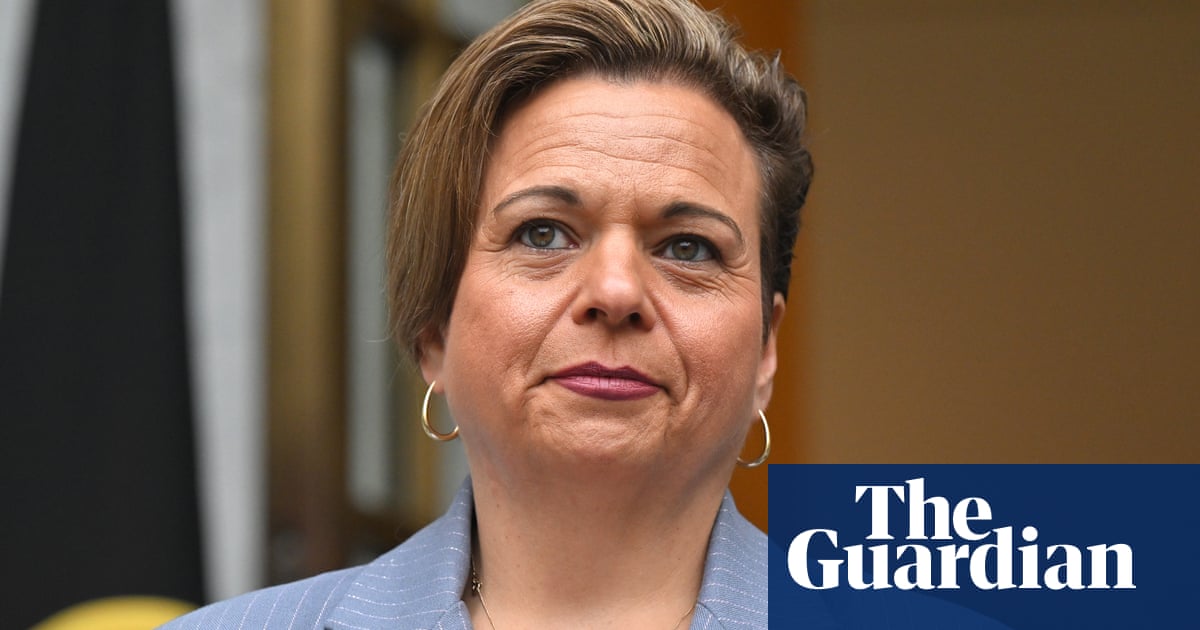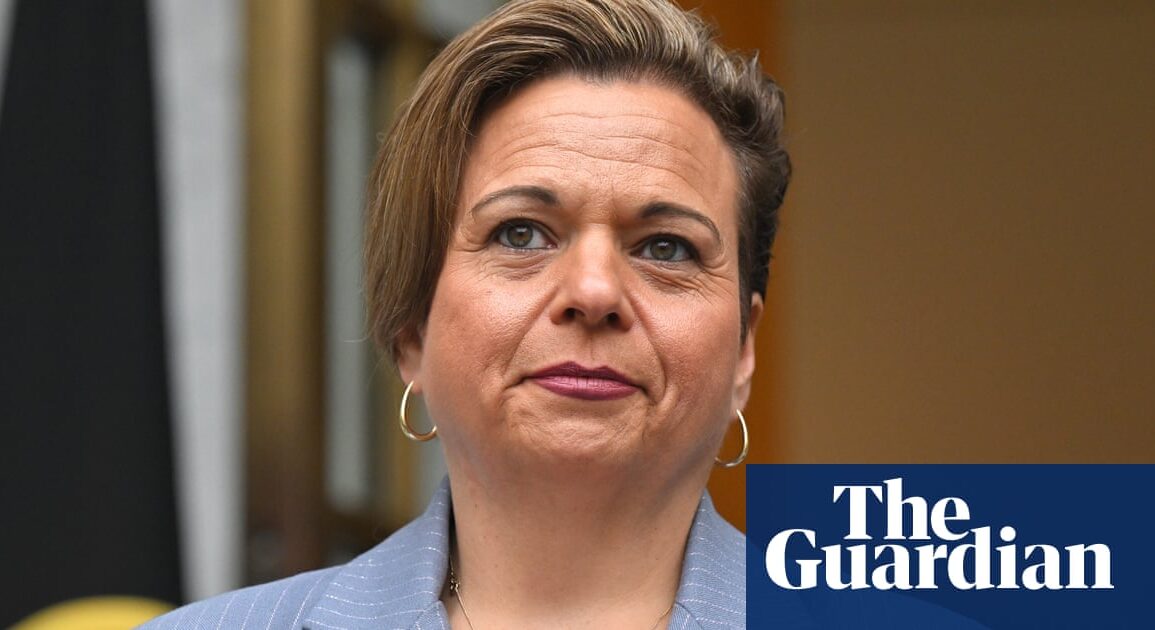
Australians will not be compelled to hand over personal identification – like a drivers licence or passport – to big tech companies as part of the government’s world-first under-16s social media ban, the communications minister, Michelle Rowland, has pledged.
Several Coalition members have raised alarm about the privacy implications of the bill, with concerns over whether platforms like Facebook or TikTok would require personal documents to verify a user’s age.
Guardian Australia understands some Labor MPs had also internally raised concerns about privacy and identification issues in the bill, which the government is resolved to ram through parliament by Thursday after less than a week of a hasty Senate inquiry.
In a bid to quell concern from both sides of the aisle, Rowland told Labor’s party room meeting on Tuesday that a regulated entity – a list of designated platforms to include Meta, TikTok, Snapchat, Reddit and X – cannot compel people to hand over their ID.
It’s understood the opposition leader, Peter Dutton, gave a similar update to the Coalition party room.
A Coalition party room spokesperson said Dutton had negotiated “concessions” on the legislation, including an amendment to the legislation that would ensure there was no compulsion for people to hand over any form of government ID to social media platforms to verify their age. That’s understood to include drivers licenses and passports.
But even with the change, some Coalition members may vote against the bill when it is voted on in parliament. Twenty opposition members debated the legislation in a marathon party room meeting this morning, with at least one pledging to oppose it, and two others saying they may also do so.
Dutton spoke strongly for the bill, praising the campaigning of communications spokesperson David Coleman for pushing the issue as far as it has gone.
The explanatory memorandum for the government legislation concedes that complying with the age assurance framework “may require the collection, use and disclosure of additional personal information”.
Guardian Australia revealed on Monday that conservative opposition to the under-16s social media ban was growing before a vote expected this week. Nationals members Matt Canavan, Keith Pitt and Bridget McKenzie had raised issues about parliamentary process and privacy implications, as had Liberal MP Garth Hamilton.
Canavan on Tuesday called the rushed Senate inquiry “unprecedented” and “just not acceptable to the public”. The inquiry has run for just three business days, with the report due to be published Tuesday afternoon, but received more than 15,000 public submissions.
Google, Meta and TikTok called for the bill to be delayed to allow a proper parliamentary process for scrutiny; TikTok warned the legislation “effectively creates a mechanism whereby Australians need a ‘licence to be online’.”
after newsletter promotion
In a Senate estimates hearing earlier this month, the Greens senator David Shoebridge asked James Chisholm, the deputy secretary of the communications department, if “everybody [would] have to go through an age-verification process”.
“Yes,” Chisholm replied.
The memorandum goes on to stress there are “robust” privacy protections for any extra data needed, “including prohibiting platforms from using information collected for age assurance purposes for any other purpose, unless explicitly agreed to by the individual”.
“Once the information has been used for age assurance or any other agreed purpose, it must be destroyed by the platform (or any third party contracted by the platform).”
It also states that “serious and repeated breaches of these privacy provisions” could be met by fines of up to $50m under the Privacy Act.
This post was originally published on this site be sure to check out more of their content








